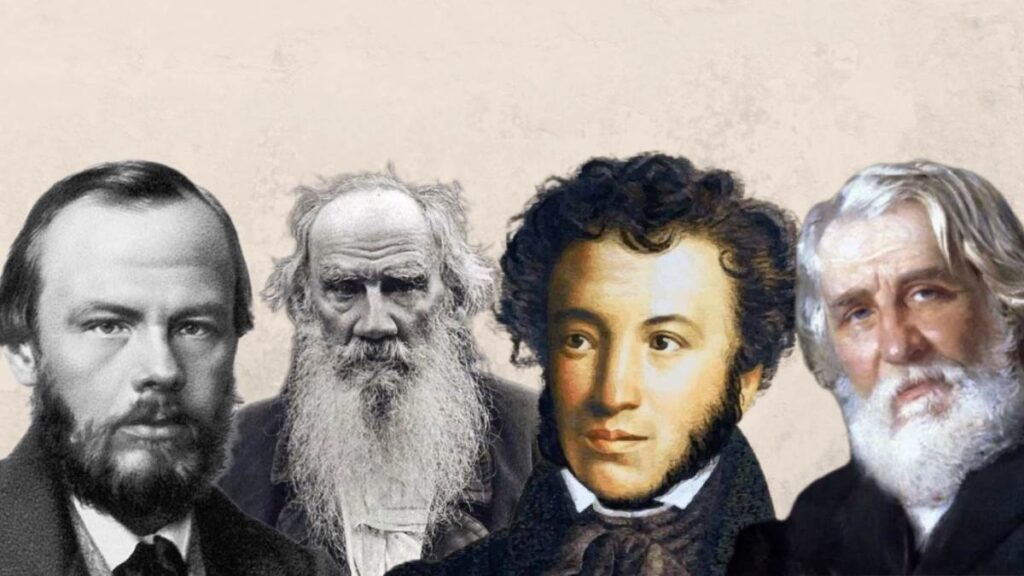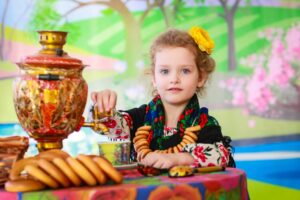Imagine that a hundred, two hundred, or even three hundred years from now, your descendants are collecting archives about your family. Opening museums. Continuing your work. Hard to picture? Maybe you think only a genius or someone famous in world literature could inspire that kind of legacy. But believe it or not, some descendants of Pushkin, Tolstoy, and Dostoevsky are still alive today. Many of them preserve family relics and keep the memory of their ancestors alive.
Alexander Sergeyevich Pushkin
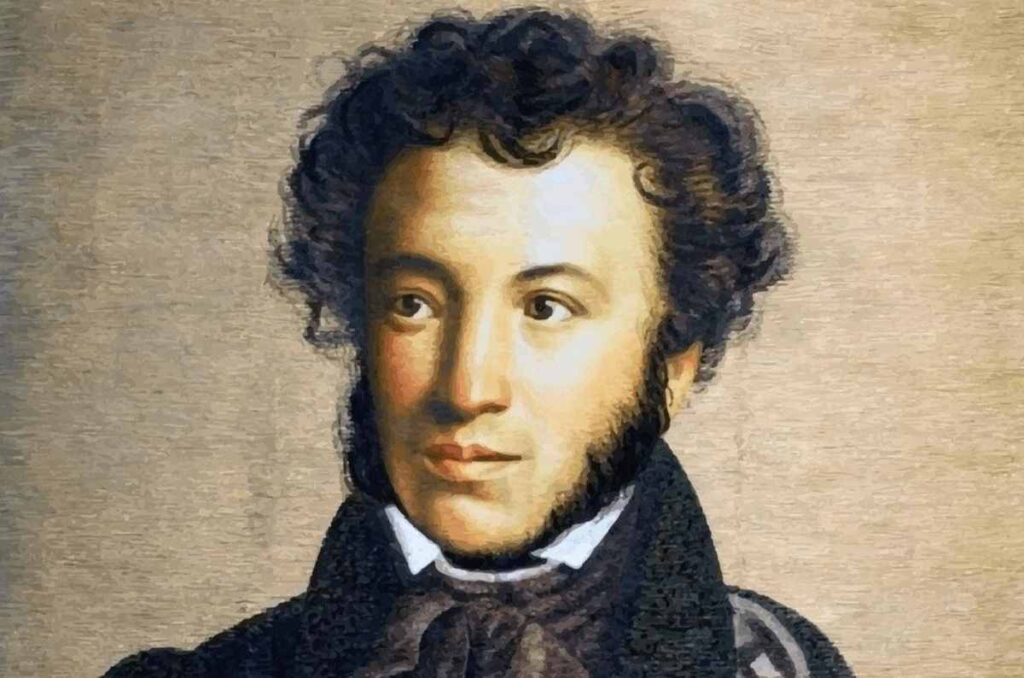
As many know, Alexander Sergeyevich had four children — two sons and two daughters. One of the daughters, Maria, had no children. His youngest son, Grigory, had only illegitimate children. But his other son, Alexander, and daughter Natalia both had children. So the family name and legacy were carried on by Pushkin’s grandchildren.
Today, the poet’s descendants live across Europe, the United States, and Russia. But only one direct male descendant still carries the Pushkin surname. He is a descendant of Pushkin’s eldest son, Alexander, and currently lives with his wife in Belgium. Together, they carefully preserve family artifacts and honor the legacy of the great poet — almost 200 years later.
Fans of Pushkin’s work still debate whether he had illegitimate children. Historians confirm that he did. One known case involves a child born to a serf named Olga, with whom Pushkin had a relationship during his exile in Boldino. Sadly, the child died just two months after birth. As for other possible children born out of wedlock, only rumors remain.
We have several articles about Pushkin on our blog. You can explore them here:
- Complete collection of movies about Pushkin
- Russian and foreign films based on Pushkin's works
- Why Pushkin is our everything?
- Pushkin quiz: test your knowledge of his life and works
Ivan Sergeyevich Turgenev
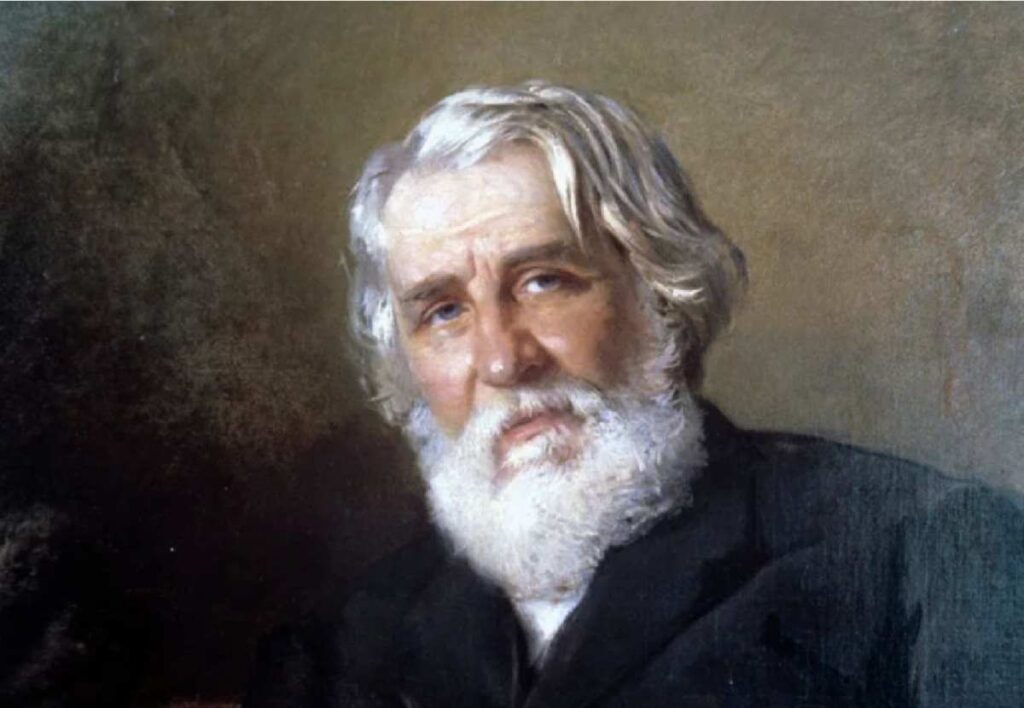

Unfortunately, no descendants of Turgenev survive today. He had only one illegitimate daughter — Pauline. She had two children, but neither of them had children of their own. The Turgenev family line ended in 1952 with the death of his granddaughter Jeanne.
Alexander Ivanovich Kuprin
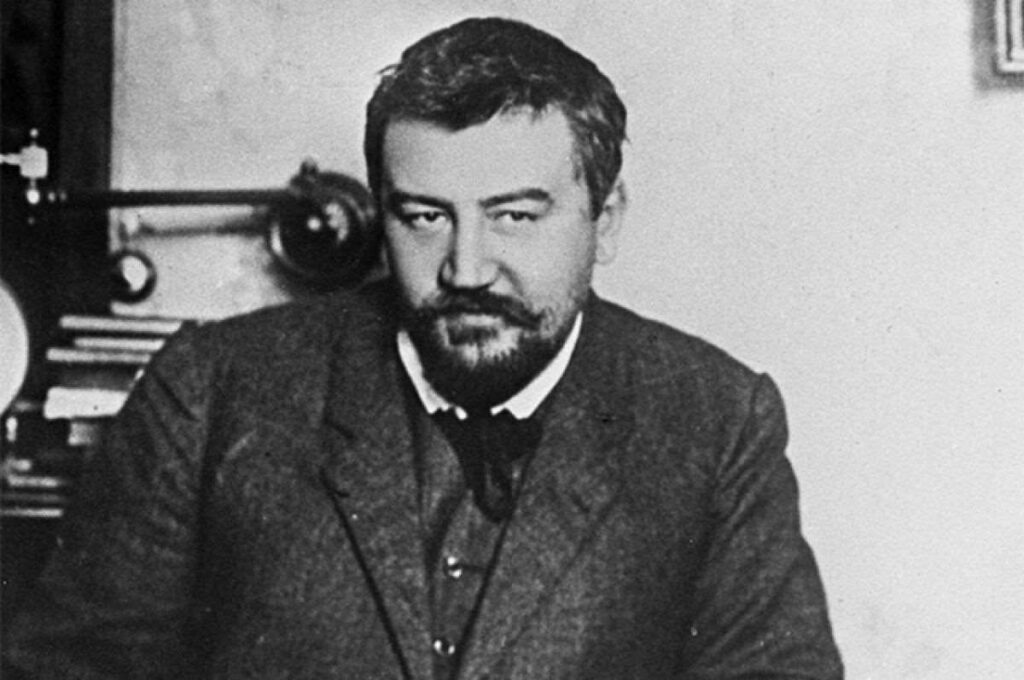

The story of Kuprin’s family is especially tragic. He had two daughters from two marriages — Lydia and Xenia. Xenia lived a long life but never had children. Lydia, from his first marriage, died at just 21. She had a son named Alexei, who was raised by his father after Lydia’s death. Kuprin met his grandson for the first time when the boy was 13. Sadly, Alexei died of heart disease at just 22, leaving no children.
Fyodor Ivanovich Tyutchev
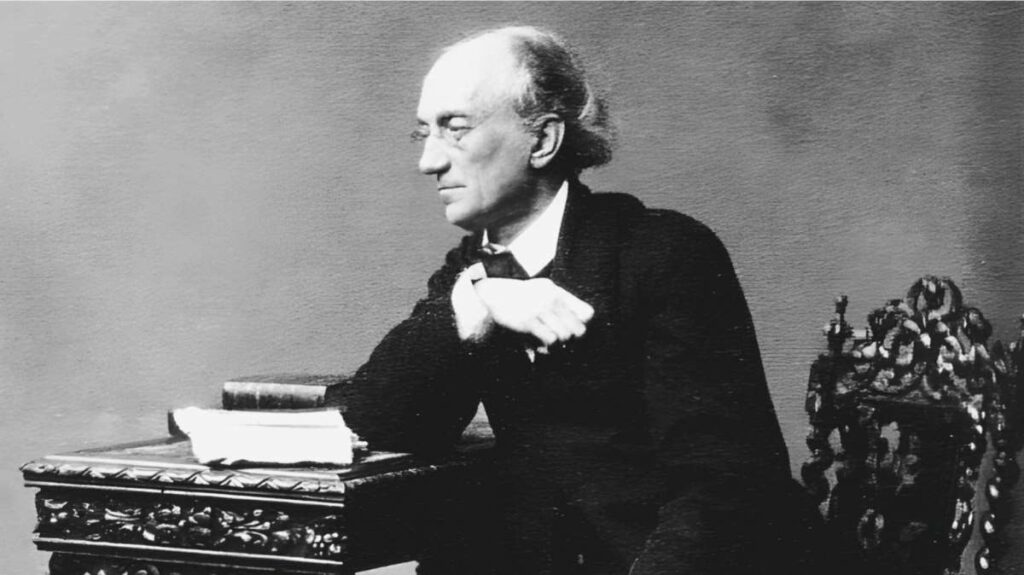

As Tyutchev’s story shows, having many children doesn’t always mean a large family legacy. He was officially married twice and had three daughters from his first wife, and one daughter and two sons from his second. In addition, he fathered five illegitimate children. But only one child — his youngest son Ivan — continued the family line. Ivan had five children, but only his daughter Ekaterina had children of her own. Her descendants carried on the Tyutchev legacy — although under the surname of her husband, Pigarev.
Interestingly, one of Tyutchev’s great-grandsons, Kirill Pigarev, became a well-known literary scholar in the 20th century. He even served for many years as the director of the Tyutchev Museum at the Muranovo estate near Moscow.
Leo Tolstoy


Tolstoy's children and grandchildren turned out to be some of the most fascinating of all. He had 13 children, though several died young. His family was always surrounded by art and literature. Many of his children were close to their father and even helped him in his creative work. When the Tolstoy estate at Yasnaya Polyana became a museum, his grown children helped run it — continuing his legacy.
Tolstoy had many grandchildren, and today their lineage numbers over 200 worldwide. His great-grandchildrenTolstoy’s family is still going strong today, with more than 200 descendants around the world. In Russia, some of his great-grandchildren remain active in public life. For example, Fyokla Tolstaya (Anna Nikitichna), a great-granddaughter, is a well-known TV and radio host. Pyotr Tolstoy, another great-grandson, is a TV presenter. Yet another — Vladimir Ilyich — is the current director of the Yasnaya Polyana museum.
Fyodor Mikhailovich Dostoevsky
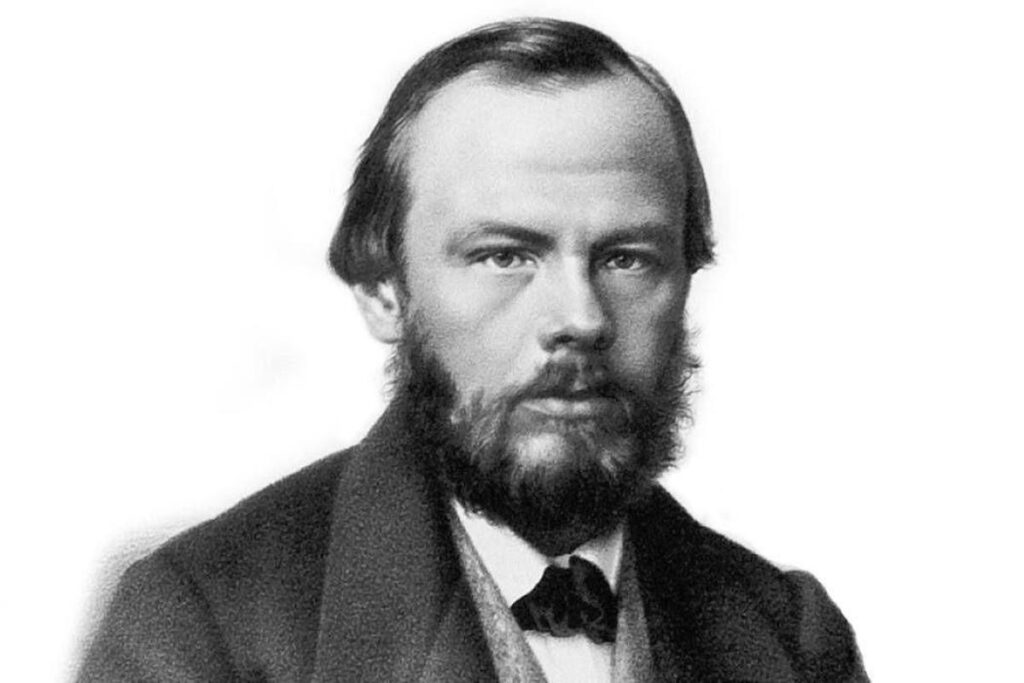

Dostoevsky had four children, but only two — his daughter Lyubov and his son Fyodor — reached adulthood. Lyubov had no children, so the family line continued through Fyodor. He died during the Russian Civil War while living in Crimea. He had two sons, and one of them — Andrei — had children. Today, Dostoevsky has three great-great-granddaughters and one great-great-grandson, Fyodor, who carries the family name. They live in St. Petersburg — the city of their famous ancestor.
And what about the others?
We’ve only mentioned writers who had children and direct descendants. Sadly, not all great Russian writers left heirs. Gogol, Lermontov, and Chekhov, for example, had no children. A good reminder of how fragile — and precious — a family legacy can be.
One of the goals of our online school is not only to teach Russian but also to help preserve Russian culture and family traditions. We teach children aged 4–14 who live abroad. Try a free lesson — just leave your contact info below and we’ll reach out to schedule it!


